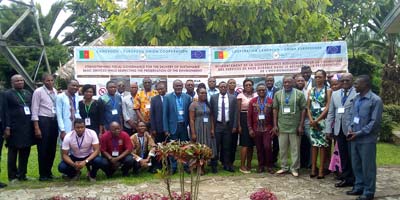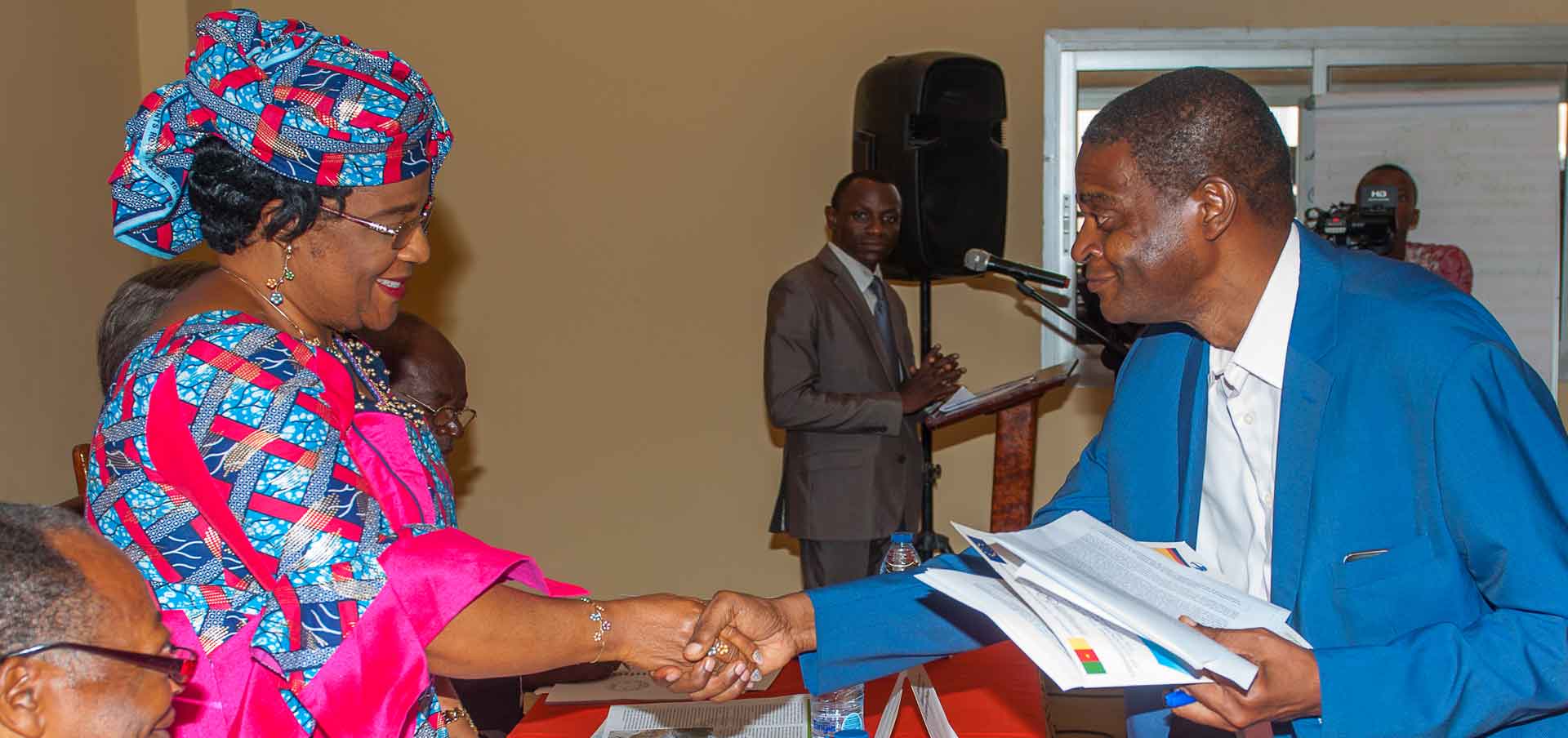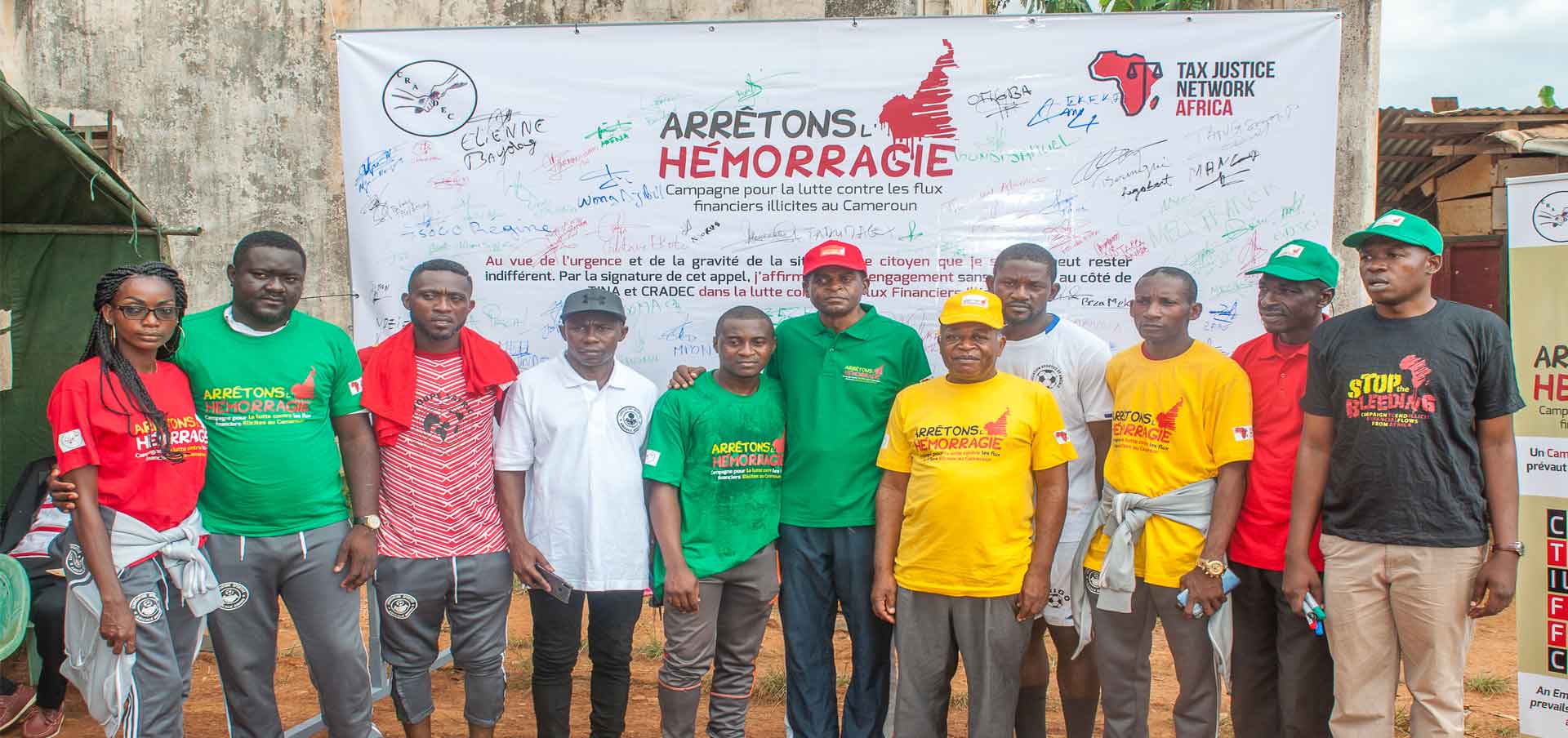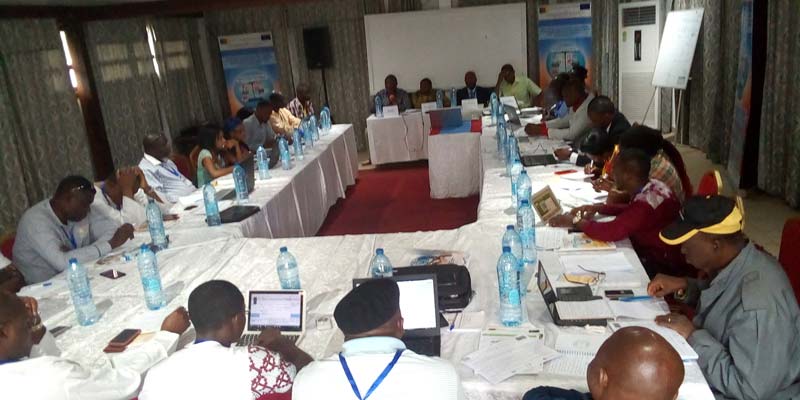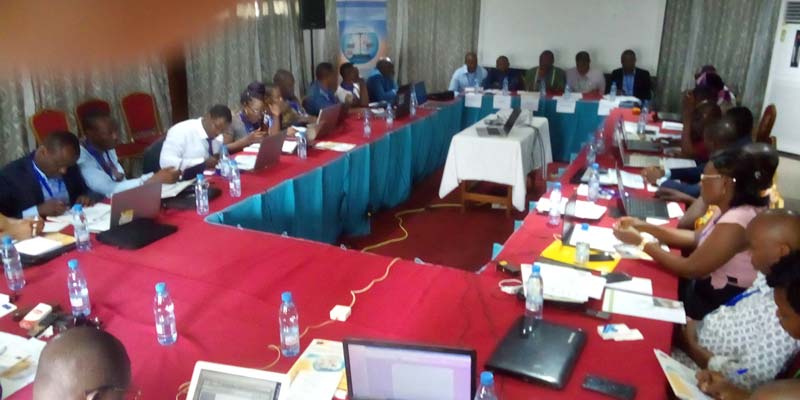Tax treaties play a key role in the context of international tax cooperation. On one hand, they encourage international investment and thus global economic growth by reducing or eliminating international double taxation on cross-border income; on the other hand, they strengthen cooperation between tax administrations, particularly in the fight against international tax evasion and illicit financial flows.
Developing countries, especially the least developed, often lack the expertise and experience to interpret and administer tax treaties effectively. As a result, the implementation of tax treaties can be difficult, time-consuming and, in the worst-case scenario, ineffective or even harmful to countries.
The coexistence of several tax sovereignties and the mobility of people, services and capital accelerated by economic globalisation has, from a tax point of view, increased the possibilities of double taxation on one hand, and of fraud and international tax evasion on the other.
Initiatives to avoid double taxation or even zero taxation are therefore needed to increase capacity and to reduce the significant economic, social and political damage that can result from it.
Developing countries urgently need to strengthen their knowledge and resources in order to be able to address all tax issues in depth. The OECD and UN Model Conventions and their respective commentaries remain the main references, both in day-to-day practice and in the development of long-term strategies.
Also, the outbreak of the corona virus has caused an unprecedented upheaval in the world economy. It has highlighted the place and role of multilateral cooperation. Indeed, multilateral cooperation remains more essential than ever to propose concerted responses to the many effects and impacts of the pandemic. In this cooperation, double taxation treaties have a regulatory function on tax equity, in order to preserve the financial interests of the parties.
It is for this reason that CRADEC, within the framework of the implementation of the "Strengthening Tax Justice in Cameroon" project, urges various stakeholders to contribute to the reform of tax and investment regimes in Cameroon through an analysis of tax and investment treaties aimed at avoiding double taxation, their impact on the national economy with a view to a post-COVID-19 recovery; in order to promote beneficial economic relations and prevent tax evasion and illicit financial flows.
The roundtable is an opportunity to analyse the circumstances in which tax and sectoral administrations can contribute to framing and limiting, through the norm, the possibilities of tax overcharges and deviations by providing mechanisms for the elimination of double taxation on one hand; and to positively impact the existing treaty networks for Cameroon on the other hand.
The result is to facilitate and densify economic and personal exchanges between Cameroon and other countries by granting guarantees to taxpayers in order to prohibit tax discrimination.
Download Final report comparative analysis DTA Chad Cameroon




